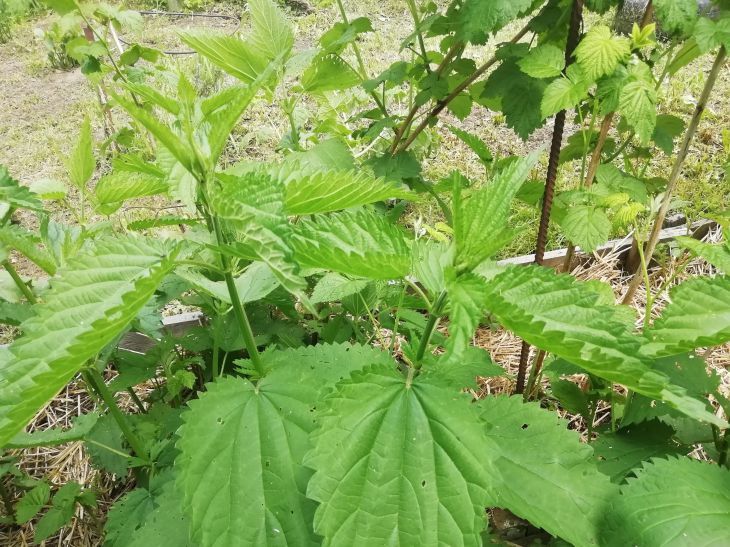Nettle fertilizer, known for its effectiveness, is not always a universal solution for gardeners.
Some plants show unexpected sensitivity to this seemingly harmless organic product.
Understanding their characteristics will help you avoid mistakes in garden care.
Features of nettle fertilizer
Nettle fertilizer has gained popularity among gardeners due to its rich composition.
It contains nitrogen, potassium, calcium, magnesium and many microelements necessary for healthy plant growth. However, it is precisely this richness that can become a problem for some crops.

The high nitrogen content of nettle infusion promotes rapid growth of green mass. For many vegetable and ornamental plants this is an advantage, but not for all.
Some species may experience reduced yields or poor fruit quality if given too much nitrogen.
Legumes
Legumes such as peas, beans, lentils and soybeans do not require additional nitrogen nutrition.
These crops are able to independently fix atmospheric nitrogen thanks to symbiosis with nodule bacteria on their roots.
The use of nettle fertilizer can disrupt this natural process and lead to excessive growth of green mass to the detriment of fruiting.
Root and bulbous vegetables
Carrots, beets, turnips and other root vegetables also react negatively to excess nitrogen.
When using nettle fertilizer, these plants can form abundant tops, but the roots will remain small and deformed.
A similar situation is observed with onions and garlic - excess nitrogen provokes the growth of feathers, but reduces the size of the bulbs.
Tomatoes and peppers
Although tomatoes and peppers generally respond well to organic fertilizers, you need to be careful with nettle fertilizer.
Excessive application may result in excessive foliage growth at the expense of flowering and fruit set. Fruit ripening may also be delayed in tomatoes.
Fruit trees and berry bushes
It is better not to feed young fruit trees and berry bushes with nettle infusion in the first years after planting.
Excess nitrogen can stimulate the growth of shoots that will not have time to become woody before the onset of cold weather and will suffer in winter.
In adult plants, such feeding can cause ovaries to fall off and winter hardiness to decrease.
Plants that prefer acidic soils
Plants that prefer acidic soil, such as rhododendrons, azaleas, blueberries and bilberries, may react negatively to nettle fertilizer.
It has an alkaline reaction and can change the acidity of the soil, which will lead to deterioration of the condition of these crops.








